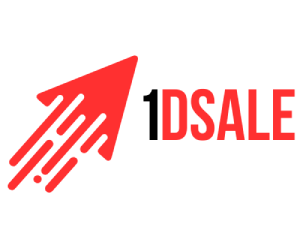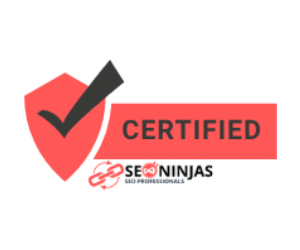In the dynamic landscape of business, effective marketing serves as a powerful tool for driving success and achieving organizational goals. By leveraging persuasive techniques and strategic messaging, businesses can capture the attention of their target audience, differentiate themselves from competitors, and ultimately drive growth and profitability. Here’s a closer look at how the power of persuasion plays a pivotal role in driving business success:
- Understanding Consumer Psychology: Effective marketing begins with a deep understanding of consumer psychology and behavior. By identifying their needs, desires, and pain points, businesses can tailor their marketing efforts to resonate with their target audience on a personal level. Leveraging psychological principles such as social proof, scarcity, and reciprocity can influence consumer decision-making and drive desired actions.
- Building Brand Awareness and Credibility: Persuasive marketing techniques help businesses build brand awareness and establish credibility in the marketplace. Consistent messaging, compelling storytelling, and engaging content can capture the attention of potential customers and create a lasting impression. Building trust and credibility over time strengthens brand loyalty and fosters long-term relationships with customers.
- Creating Compelling Value Propositions: Effective marketing communicates the unique value proposition of a product or service in a clear and compelling manner. By highlighting key benefits and addressing customer pain points, businesses can persuade consumers to choose their offerings over competitors’. Crafting persuasive messaging that resonates with target audiences and communicates tangible benefits is essential for driving sales and conversions.
- Utilizing Persuasive Communication Channels: In today’s digital age, businesses have a myriad of communication channels at their disposal to reach consumers. From social media and email marketing to content marketing and influencer partnerships, leveraging the right channels can amplify the impact of persuasive messaging. By understanding where their target audience spends time and tailoring their marketing efforts accordingly, businesses can maximize their reach and engagement.
- Measuring and Optimizing Performance: Effective marketing is not a one-size-fits-all approach; it requires ongoing measurement and optimization to ensure success. By analyzing key performance indicators such as conversion rates, customer engagement, and return on investment, businesses can identify what’s working and make data-driven adjustments to their marketing strategies. Continuous optimization ensures that marketing efforts remain effective and aligned with business objectives.
In conclusion, the power of persuasion is a driving force behind business success, enabling organizations to attract, engage, and convert customers effectively. By understanding consumer psychology, building brand credibility, crafting compelling value propositions, leveraging the right communication channels, and continuously optimizing performance, businesses can harness the power of persuasion to drive growth and achieve sustainable success in today’s competitive marketplace.





